To provide the best experiences, we use technologies like cookies to store and/or access device information. Consenting to these technologies will allow us to process data such as browsing behaviour or unique IDs on this site. Not consenting or withdrawing consent, may adversely affect certain features and functions.
The technical storage or access is strictly necessary for the legitimate purpose of enabling the use of a specific service explicitly requested by the subscriber or user, or for the sole purpose of carrying out the transmission of a communication over an electronic communications network.
The technical storage or access is necessary for the legitimate purpose of storing preferences that are not requested by the subscriber or user.
The technical storage or access that is used exclusively for statistical purposes.
The technical storage or access that is used exclusively for anonymous statistical purposes. Without a subpoena, voluntary compliance on the part of your Internet Service Provider, or additional records from a third party, information stored or retrieved for this purpose alone cannot usually be used to identify you.
The technical storage or access is required to create user profiles to send advertising, or to track the user on a website or across several websites for similar marketing purposes.
 Singapore, Helsinki and Zurich have come top in the 2020 Smart City Index, a study carried out by the Institute for Management Development (IMD). In a year that saw many European cities fall in the rankings, London, managed to jump five places compared to 2019, though it still stayed well outside of the global top 10 at 15, followed closely by the UKs second cities. More →
Singapore, Helsinki and Zurich have come top in the 2020 Smart City Index, a study carried out by the Institute for Management Development (IMD). In a year that saw many European cities fall in the rankings, London, managed to jump five places compared to 2019, though it still stayed well outside of the global top 10 at 15, followed closely by the UKs second cities. More →






 A survey carried out by mental health organisation,
A survey carried out by mental health organisation, 
 A report by HR software and employment law advice service
A report by HR software and employment law advice service 

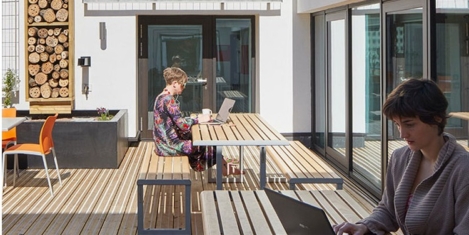
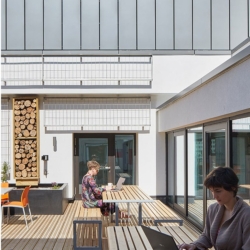
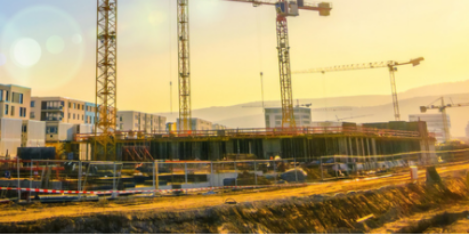
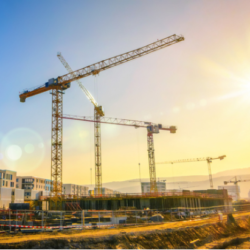 The UK Green Building Council (
The UK Green Building Council (
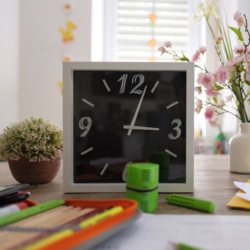 New research by
New research by 
 New analysis of official data released to the
New analysis of official data released to the 

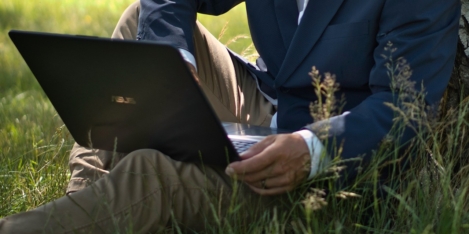
 Covid-19 has changed the profile of today’s jobseekers and as such, an organisation’s purpose is valued more than ever suggests new research from the recruitment agency
Covid-19 has changed the profile of today’s jobseekers and as such, an organisation’s purpose is valued more than ever suggests new research from the recruitment agency 
 The number of self-employed people saying they have “poor” or “very poor” mental health has increased from 6 percent to 26 percent since the beginning of the pandemic (a 300 percent rise), claims new research by
The number of self-employed people saying they have “poor” or “very poor” mental health has increased from 6 percent to 26 percent since the beginning of the pandemic (a 300 percent rise), claims new research by 






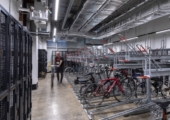


September 16, 2020
Get used to the idea of work as an experience rather than a place
by Tim Oldman • Comment, Flexible working, Property, Workplace design